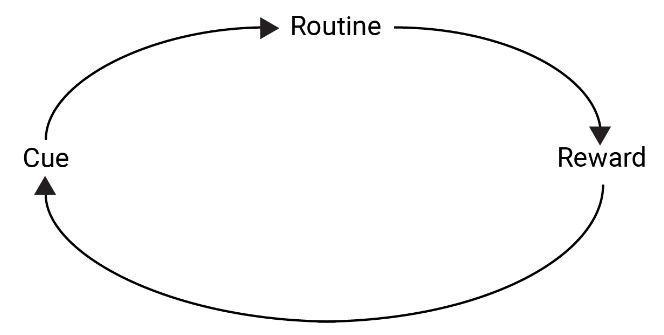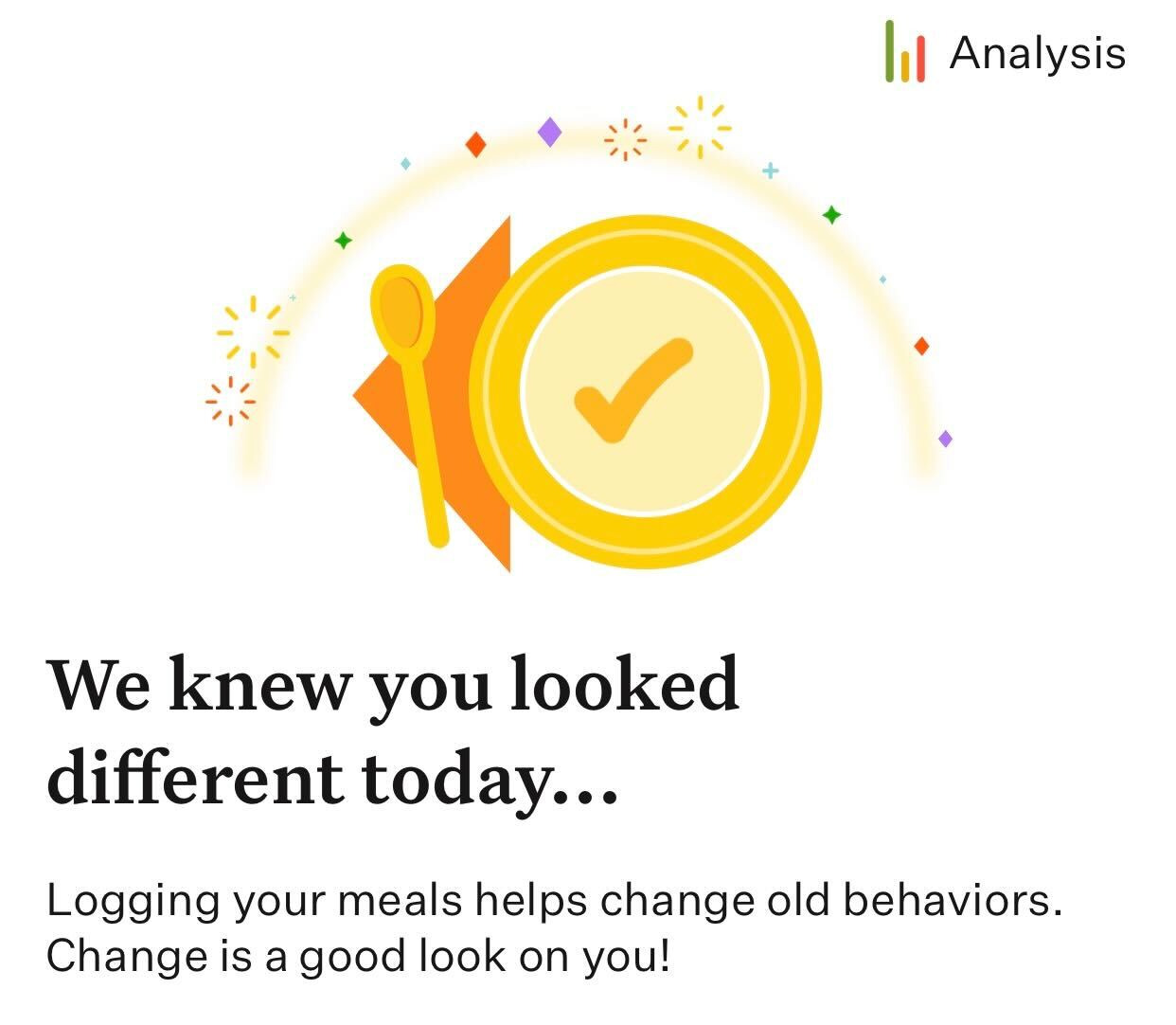I turned 52 last week. I have never been uncomfortable with my age — I actually kind of wear it as a badge of pride. But as the birthdays come and go, my personal goals evolve. Right now, my objectives are around improving my health and fitness, with nutritional awareness being top of mind. While I have a good grasp of my total daily caloric intake, I find I struggle to strike a balance when it comes to micronutrients. (Ok, I am a big fan of carbs.)
In fact, I often feel like I only crave carbohydrates. This is a habit I am looking to slowly change and to move in a healthier direction.
The Psychology of Habits
A habit forms when a new behavior becomes automatic. A habit often takes place unconsciously and with nominal awareness. Our most repeated behavioral patterns are etched into our neural pathways (1). Think about how often you pick up your phone, even when there is not an actual notification.
MIT researchers describe a three-step neurological pattern at the core of every habit (see the figure below):
- Step 1) The cue: a trigger telling your brain to go on autopilot and initiating a response.
- Step 2) The routine: the behavior itself and the action taken.
- Step 3) The reward: when your brain decides if a particular habit is worth remembering.
In general, habits have an immediate or intrinsic reward. Habits with instant rewards are much easier to pick up and to form, whereas those with a delayed reward take more time to develop and maintain. Think about that habit of checking your phone versus initiating a new habit around regular exercise (2).
In the words of Aristotle, “We are what we repeatedly do. Excellence, then, is not an act, but a habit.”

The Psychology Behind Noom
Noom seamlessly incorporates cognitive behavioral therapy to guide the journey to better health and nutrition. Last month, I referred to the platform’s use of psychology and technology as “sneaky science” — you are aware of the education taking place, but you start to crave it. Noom was able to leverage my instinct to pick up my phone first thing in the morning but replaced my social media fix with an inspirational Noom note to start the day.
Sign up for NOOM’s free 14 day trial
The encouraging messages you get after logging anything in the app (a meal, a glass of water, or a walk) serve as that immediate gratification your brain is looking for in order to tell you to keep going. Being able to feel or see improvement in health or fitness definitely falls into that delayed gratification category, so the kudos that come from the app keep you going.

The Journey Continues
Changing and maintaining those changes take time — especially when done right. I do not like to feel restricted, and I do not like abrupt modifications to my routine. (Not sure if that is due to my 52 years on the planet or simply my routine-oriented personality.)
A few interesting facts as we all close out the year and the season:
- Americans gain an average of 1.3 pounds between Thanksgiving and Christmas — not as bad as I had anticipated (3).
- People who are above a healthy weight gain five pounds or more during the holidays.
So, I am still here — still on this long-term path to wellness. I am so close to my goal — just one pound away. But more important than that number on the scale is how I feel, and I feel great. In the middle of the holiday season, I am both enjoying myself and making better choices. Want to join me? We have a special 14-day free trial to get you started.
Sign up for NOOM’s free 14 day trial
(2) In the Power of Habit, Duhigg 2012
(3) The New England Journal of Medicine

